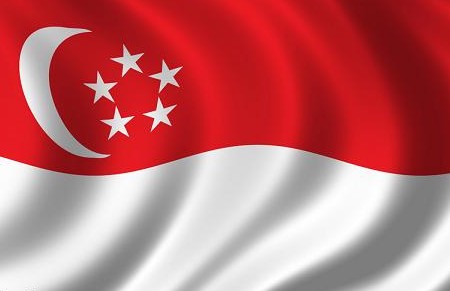WASHINGTON/SINGAPORE—Since November 2024, over 100 Singaporean nationals have been slated for deportation by United States immigration authorities. This development is part of a broader push by U.S. Immigration and Customs Enforcement (ICE) to enforce deportation orders under the Trump administration’s immigration policies.
According to official records, 111 Singaporeans are among the more than 1.4 million foreign nationals on ICE’s Non-Detained Docket. This docket comprises individuals who have received deportation orders but are not currently in ICE custody. These individuals remain under the supervision of other agencies and could be detained at any time if they violate U.S. law or immigration regulations.
A Broader Immigration Crackdown
The Non-Detained Docket includes foreign nationals awaiting immigration proceedings, such as those who have applied for asylum. ICE’s overall list contains about seven million names, reflecting the large-scale effort to monitor and manage individuals who have entered the U.S. without legal status or have overstayed their visas.
The current enforcement push has escalated since late 2024, targeting not only undocumented migrants but also individuals with legal issues that make them eligible for deportation. Singaporeans facing deportation are part of this larger group, though details about specific cases and the reasons for their deportation orders have not been disclosed.
Singaporeans Among a Diverse Group Facing Removal
Singaporeans form a relatively small percentage of the total number of foreign nationals with deportation orders. However, their inclusion highlights the global scope of U.S. immigration enforcement. Most of the individuals on the ICE docket come from countries with higher rates of illegal immigration and asylum seekers, but the growing scrutiny applies broadly.
The Singaporean government has not yet commented on the deportation orders, though consular support is typically offered to citizens in such situations.
What Lies Ahead for Affected Individuals
Those affected face a complex legal process. Individuals on the non-detained docket may still have options for appeal, depending on the specifics of their cases. However, legal experts caution that under the current administration’s strict policies, the likelihood of successfully reversing a deportation order has significantly diminished.
The situation remains fluid, with advocacy groups and immigration lawyers urging those affected to seek legal assistance and understand their rights. As deportation proceedings continue, it is uncertain how many Singaporeans will ultimately be returned to their home country in the coming months. (zai)

